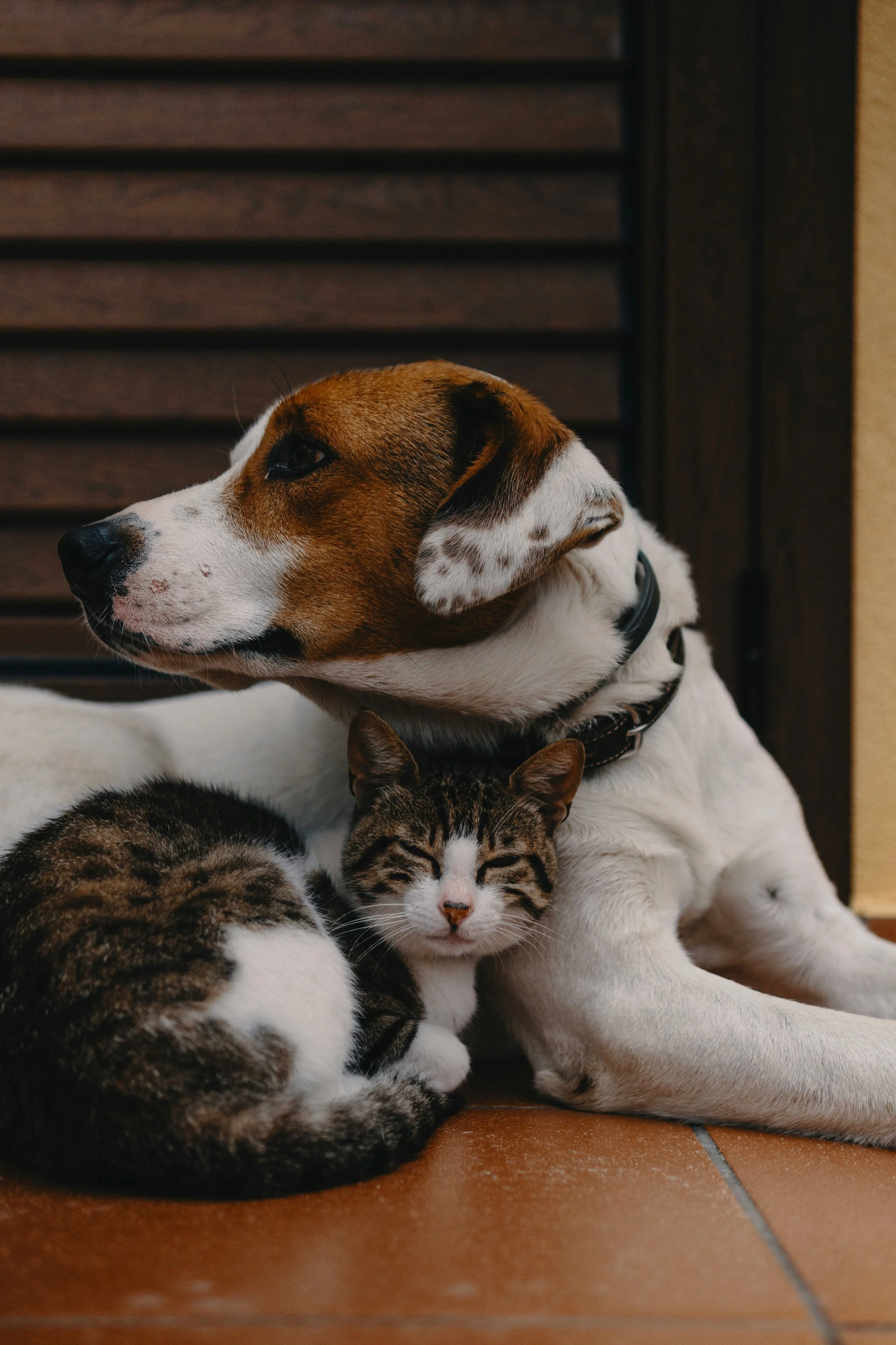Pentagon Ends Support for Cruel Experiments — Will the NIH Be Next?
The White Coat Waste Project, a bipartisan government watchdog whose mission is to “expose and close the U.S. government’s $20 billion animal testing business,” has recently claimed an important victory in ending government-funded animal testing. After exposing over $57 million in active Pentagon-funded dog and cat experiments around the world, the Department of Defense has taken major steps to end cruel and unnecessary experiments on dogs and cats.
Under the leadership of Secretary of Defense Pete Hegseth, the DOD canceled a $10 million cat lab conducting disturbing constipation experiments, along with millions in additional funding for dog and cat labs globally. These victories are a direct result of public pressure and increased transparency, and they mark real progress in the effort to end taxpayer-funded animal cruelty.
Now the National Institutes of Health is facing growing pressure to follow suit. Lawmakers and advocates are calling on the agency to stop funding animal experiments overseas, where there is little to no oversight and even fewer protections for animals. Senator Rick Scott recently sent a letter to NIH Director Dr. Jay Bhattacharya urging him to take immediate action to ban all NIH funding for animal testing conducted outside the United States. He is also continuing to push for the Cease Animal Research Grants Overseas (CARGO) Act of 2025. This bipartisan bill would prohibit the NIH from funding any program that uses live animals in research conducted outside the United States.
Nearly 7,000 members of the Species Unite community have already reached out to their representatives, urging them to support this critical legislation. But we need more people to speak up if we want to stop our tax dollars from funding animal cruelty abroad. If you haven’t already, please take a moment to send a letter to your representatives — or, if you’re not a U.S. resident, share the petition to help ensure Americans in your network are aware of this important issue.

